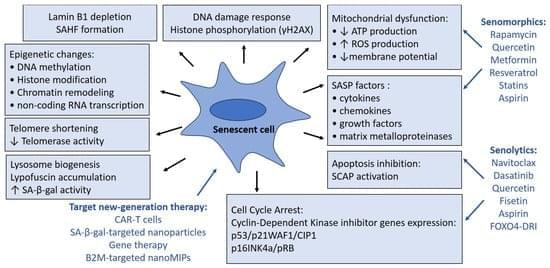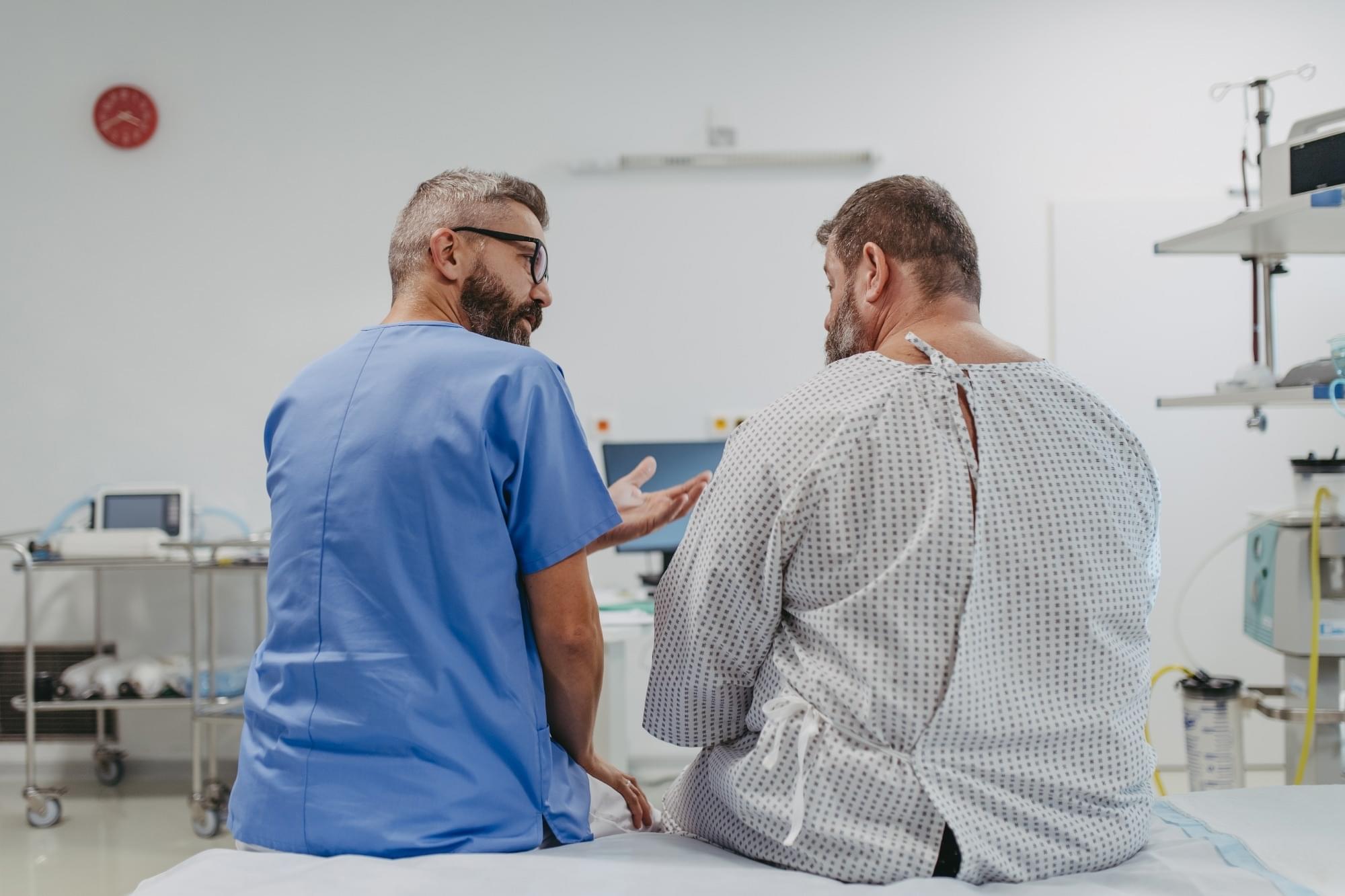As detailed in a new study in Nature Communications, He’s lab brings noninvasive EEG-based BCI one step closer to everyday use by demonstrating real-time brain decoding of individual finger movement intentions and control of a dexterous robotic hand at the finger level.
“Improving hand function is a top priority for both impaired and able-bodied individuals, as even small gains can meaningfully enhance ability and quality of life,” explained Bin He, professor of biomedical engineering at Carnegie Mellon University. “However, real-time decoding of dexterous individual finger movements using noninvasive brain signals has remained an elusive goal, largely due to the limited spatial resolution of EEG.”








